Hippo Haven Under Threat - How Climate Change Impacts Pygmy Hippo Habitat
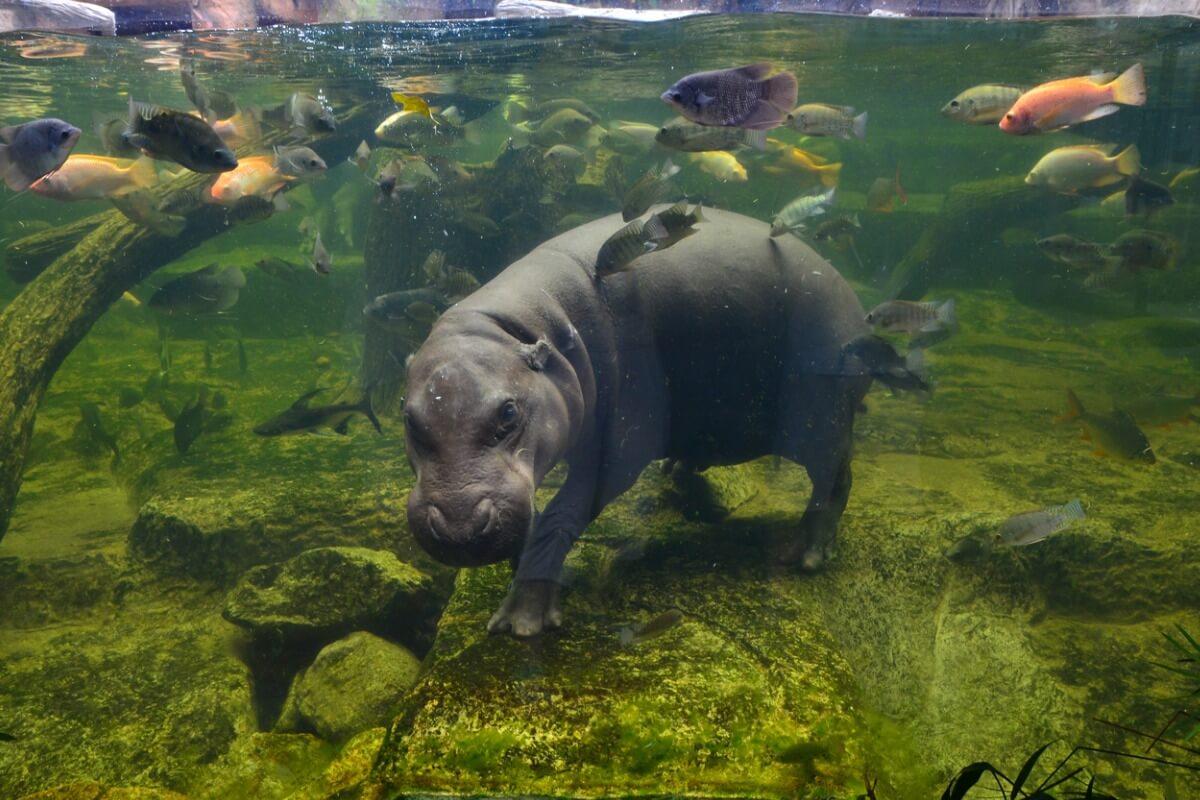
The sight of a pygmy hippopotamus trotting through its forest home is one of nature's most endearing spectacles. These miniature hippos, reaching a maximum height of just under 3 feet at the shoulder, are a flagship species for conservation efforts in West Africa. But this charming image is under threat. Recent studies highlight the increasing pressure on pygmy hippo populations, with climate change emerging as a significant factor impacting their fragile habitat.
A Shrinking Rainforest, A Growing Problem
Pygmy hippos are endemic to the Upper Guinean forests of West Africa, a region facing intense deforestation rates. This rainforest ecosystem, already fragmented due to logging and agricultural expansion, is now grappling with the added burden of climate change. Data from the Rainforest Alliance indicates a loss of over 80% of the Upper Guinean forest cover in the last century, a trend exacerbated by shifting rainfall patterns and increased temperatures linked to climate change.
These changes directly impact the pygmy hippo's survival. Unlike their larger cousins, the common hippopotamus, which thrive in open water, pygmy hippos rely heavily on the dense rainforest undergrowth. The forest provides:
- Protection from Predators: The dense vegetation offers refuge from leopards and other predators.
- Temperature Regulation: The forest canopy acts as a natural sunshade, crucial for these heat-sensitive creatures.
- Food Sources: Pygmy hippos are herbivores, relying on a diet of forest plants, fruits, and submerged aquatic vegetation.
As climate change alters rainfall patterns and increases temperatures, the delicate balance of this ecosystem is disrupted. Droughts become more frequent, impacting water sources and vegetation growth. Increased heat stresses the hippos, making them more susceptible to diseases and heat exhaustion.
A Ripple Effect on Biodiversity
The plight of the pygmy hippo serves as a stark warning sign. Their shrinking habitat is a microcosm of the larger crisis facing biodiversity in the region. A 2023 study published in Nature highlighted the vulnerability of the Upper Guinean forests to climate change, projecting significant species loss by 2050 if current trends continue.
This loss extends beyond iconic species like the pygmy hippo. The intricate web of life in these forests, from insects and amphibians to primates and birds, is threatened. The decline of one species triggers a chain reaction, impacting the entire ecosystem.
Turning the Tide: Conservation in the Face of Climate Change
The future may seem bleak, but there is still hope. Conservation efforts are underway, focusing on a multi-pronged approach:
- Habitat Protection: Establishing protected areas and promoting sustainable land management practices are crucial to preserving remaining forest fragments.
- Climate Change Mitigation: Global efforts to reduce greenhouse gas emissions are essential to slowing down the rate of climate change and its impact on the region.
- Community Engagement: Involving local communities in conservation initiatives, providing education and alternative livelihood options, is vital for long-term success.
Looking Ahead: Securing a Future for the Pygmy Hippo
The pygmy hippo, with its gentle demeanor and unique ecological role, stands as a powerful symbol of the challenges faced by wildlife in the face of climate change. By understanding the interconnectedness of these threats, supporting conservation initiatives, and advocating for global action on climate change, we can strive to protect these remarkable creatures and their fragile habitat for generations to come.
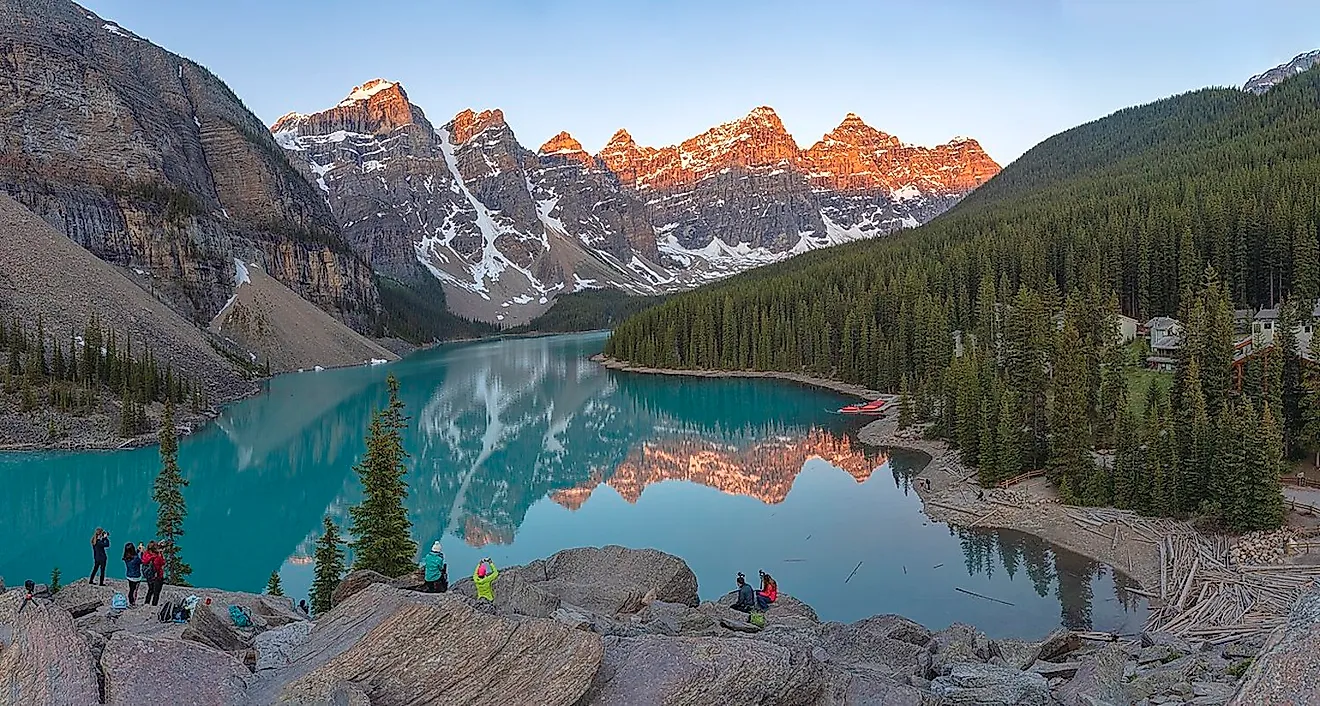
/https://static.texastribune.org/media/images/AmericanBlackBear.jpg)

:max_bytes(150000):strip_icc()/rainwater-harvesting-system-isometric-diagram-1201105579-34cb7b27492f42c387b89fd903a16ba4.jpg)
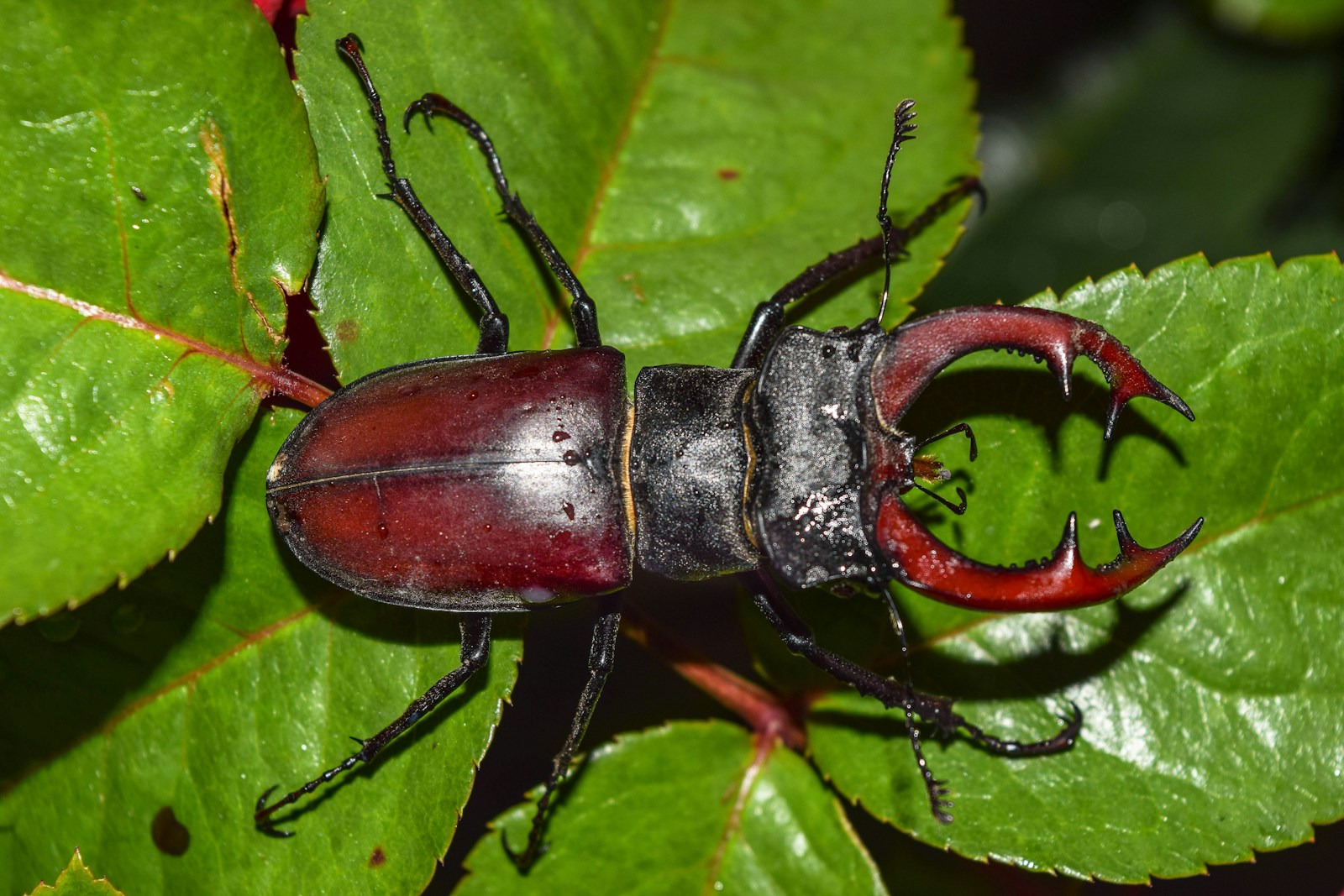
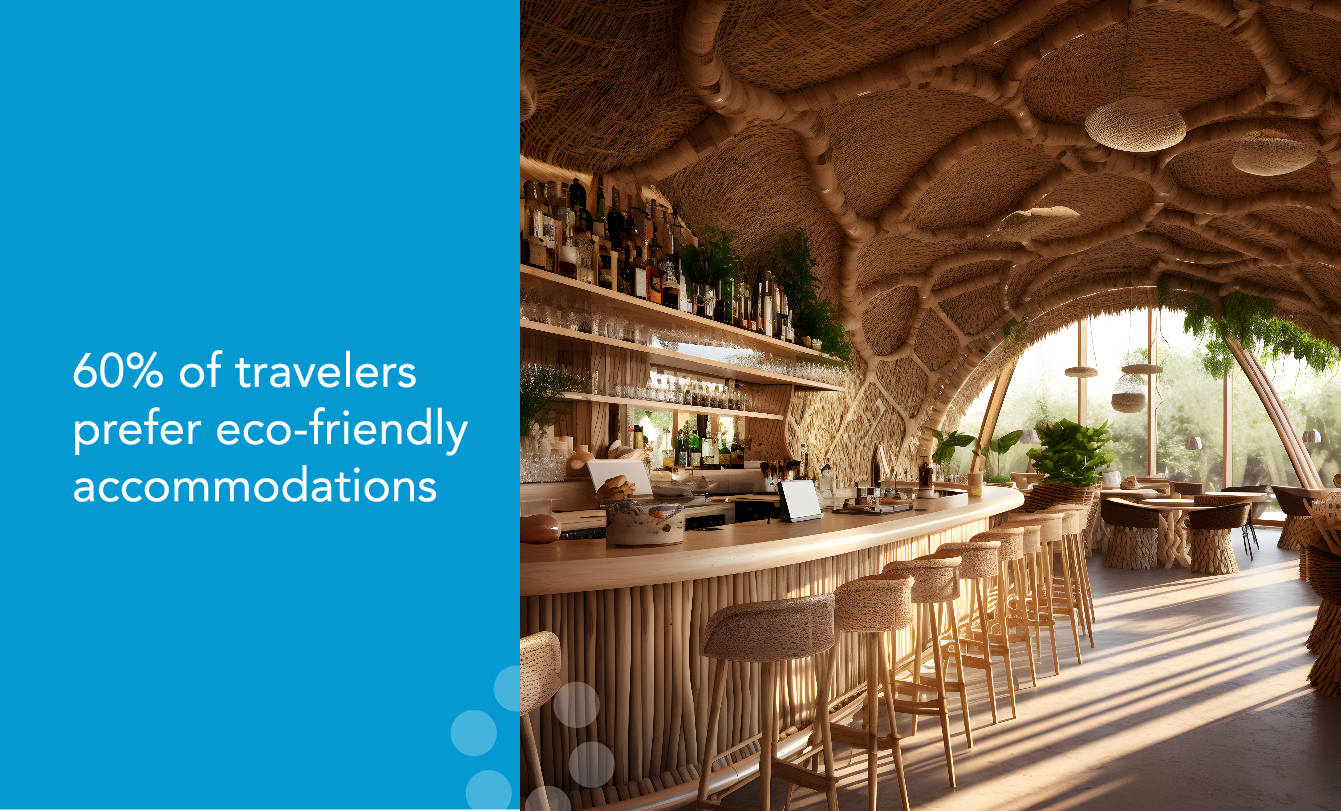
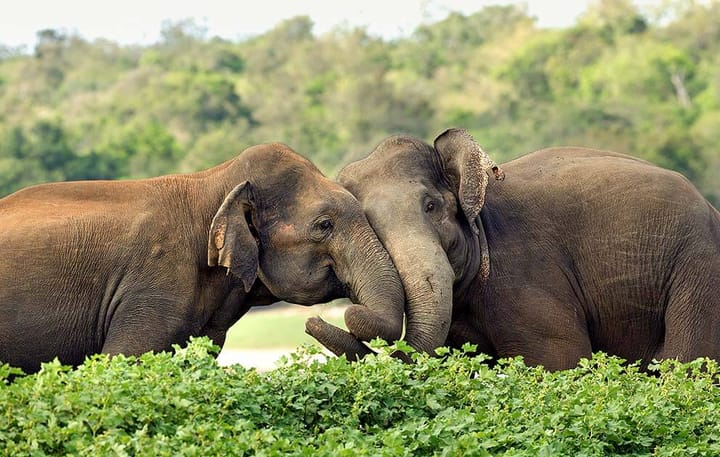
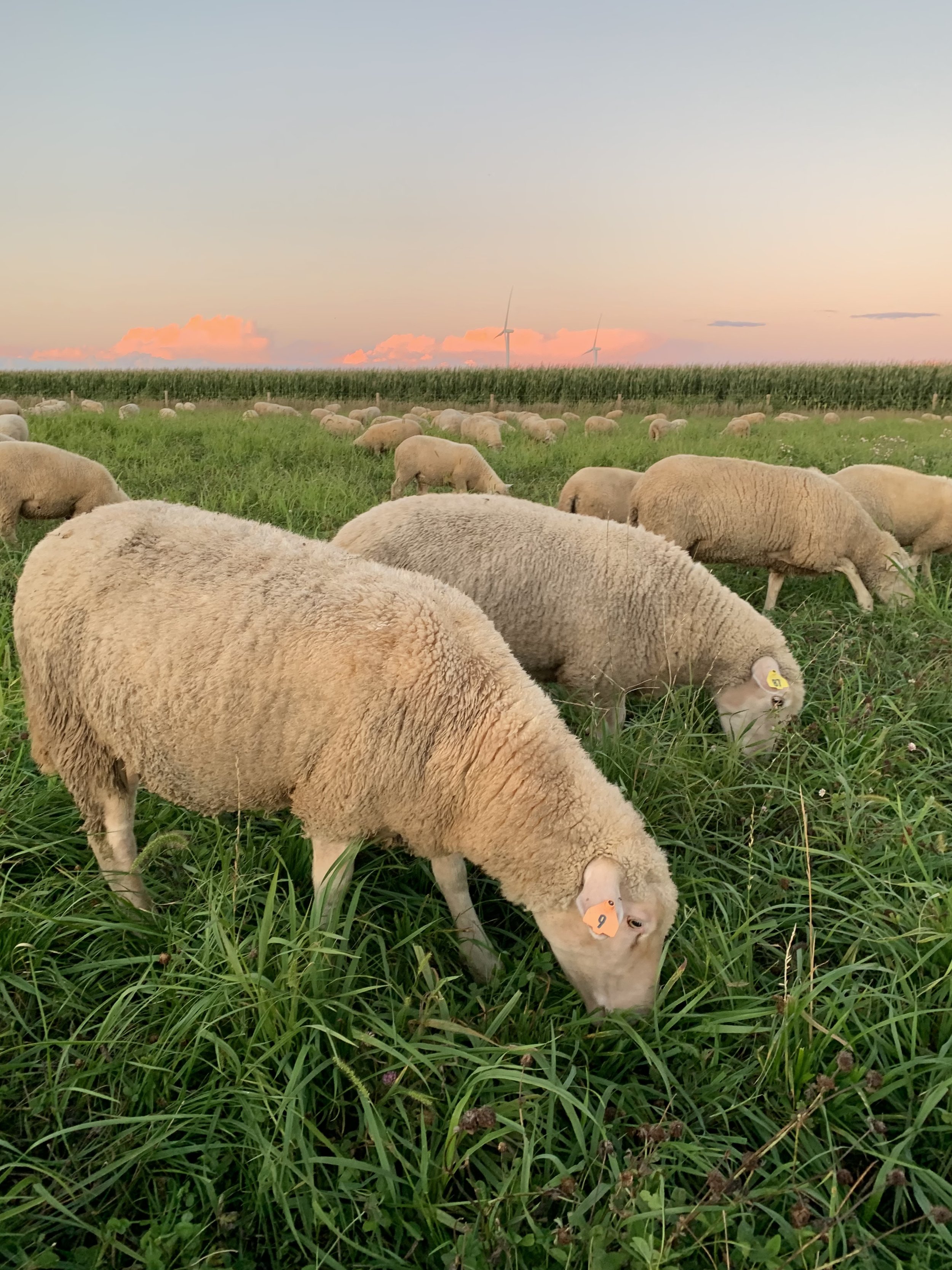










Comments ()